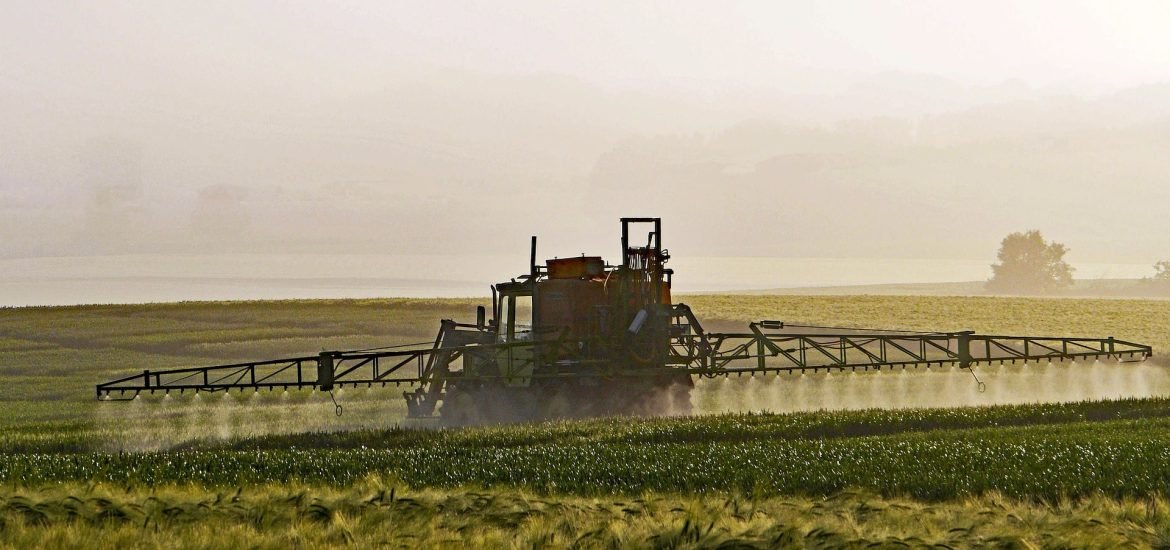
German chemical giant Bayer said on Wednesday it is preparing to sell additional assets as it seeks to win European Union antitrust approval for its €50 billion-plus takeover bid for Monsanto.
In response to EU regulatory concerns, Bayer agreed in October to sell part of its crop science business to BASF, another German chemical company, for €5.9 billion.
“We have now also committed to divest our entire vegetable seed business,” said Bayer Chief Executive Officer Werner Baumann at a news conference on Wednesday in Leverkusen, Germany. He added, “Certain additional business activities of Bayer and Monsanto may also be sold or out-licensed.”
Bayer could sell the additional assets to BASF. According to The Wall Street Journal, Baumann did not comment on what share of Bayer’s revenue the assets might represent. However, people familiar with the matter said Bayer will give BASF a licence for its digital farming data.
Two sources familiar with the matter told Reuters on Wednesday that Bayer is well positioned to win antitrust approval from the EU.
Baumann said he was confident the company would win the EU’s approval. “We see ourselves on a good path for the regulatory approvals that are still outstanding,’’ he told Bloomberg. The deal also requires approval in the United States, where the Department of Justice is continuing its antitrust review.
“In Europe, as far as the process goes, we are further along than in the USA, but in the USA we will certainly also make progress in the coming weeks,” Baumann added.
The acquisition has faced delays from regulatory bodies. Bayer and Monsanto announced their merger in September 2016, and said they expected it to close by the end of 2017. Bayer now estimates the deal will be completed in June.
St. Louis-based Monsanto is the world’s largest seed company. If approved, the merger with Bayer will create a company with over a quarter of the global pesticides and seed market, making it the biggest supplier of seed and pesticides in the world.
The deal follows several other high-profile mergers in the agricultural industry in recent years. The trend towards consolidation has prompted concerns among farmers and environmental groups, who are worried about the conglomerates’ market power.
“Approving this merger would create the world’s biggest agribusiness company, potentially crushing competitors and establishing an unprecedented monopoly on lucrative farming data,” Adrian Bebb, a campaigner at environmental lobbying group Friends of the Earth Europe, told Reuters.
“Public opinion is against the merger, and farmers and consumers would have every right to be outraged by the Commission giving it the green light,” said Bebb.
Earlier this month, the EU’s Competition Commissioner Margrethe Verstager said the Commission was considering the effects the merger could have on competition.
“Digitalisation is radically changing farming. We need to beware that through the merger, competition in the area of digital farming and research is not impaired,” Verstager told Germany’s Rheinische Post. “It is our task to ensure that farmers still have a choice over seeds, pesticides, fungicides and insecticides even after the merger.”
The European Commission is expected to make a decision by 5 April.